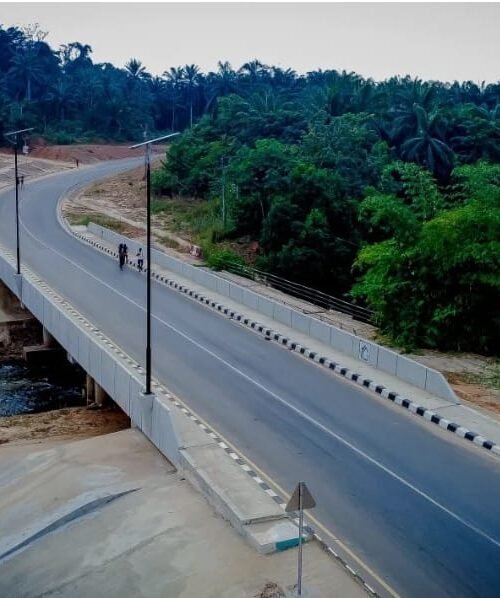ECONOMICS OF CLIMATE CHANGE WITH A DIGITAL TWIST 🌍📱
After 3 intensive weeks of work with my research team at the Sustainable Development Centre, University of Abuja, we uncovered an exciting new dimension to climate economics.
We built and analyzed a 20-year dataset (2005–2024) covering 30 developing economies — linking traditional climate policy instruments (like carbon taxes and renewable subsidies) with digital engagement indicators such as:
Variable What It Measures
Social Media Penetration (%) How connected citizens are online
Climate Awareness Index How informed they are about climate policy
Digital Policy Engagement Index How much they participate in online policy discussions
Green Innovation Index How technology supports low-carbon transition
Our regression results revealed something remarkable 👇🏽
Social media amplifies the impact of carbon pricing and green policy.
When citizens are digitally active, they understand reforms better, support them more, and governments deliver results faster.
💡 Key finding:
The effectiveness of carbon pricing, renewable energy subsidies, and emissions reduction is magnified when countries have higher digital engagement and online climate awareness.
We call this the Digital Climate Multiplier Effect — a synergy between economic policy and digital participation.

This study by Dr. Chukwuemeka Ifegwu Eke and team demonstrates that the future of climate economics will depend not just on fiscal instruments, but on communication, trust, and active social media engagement.







